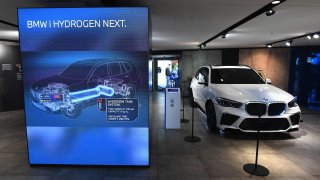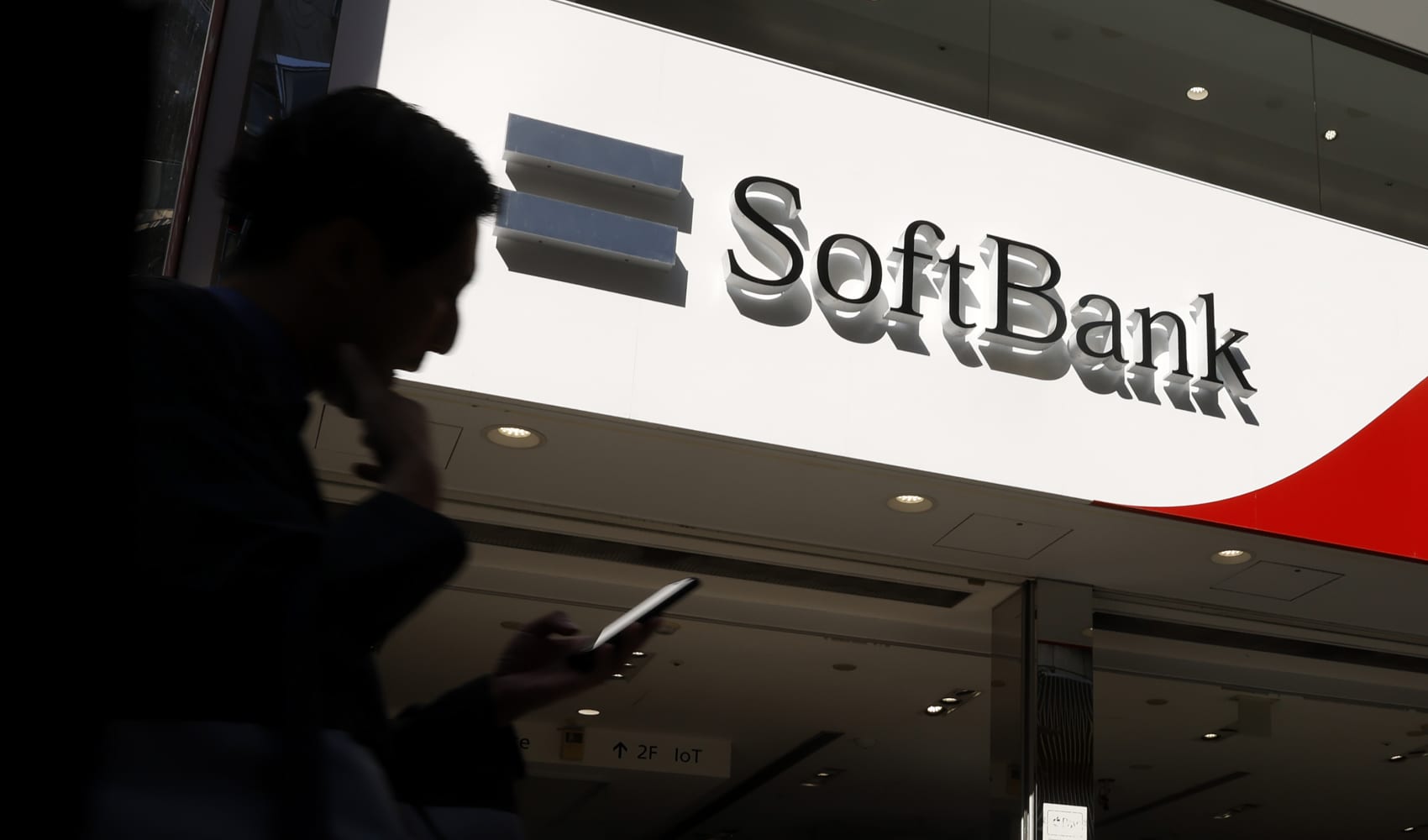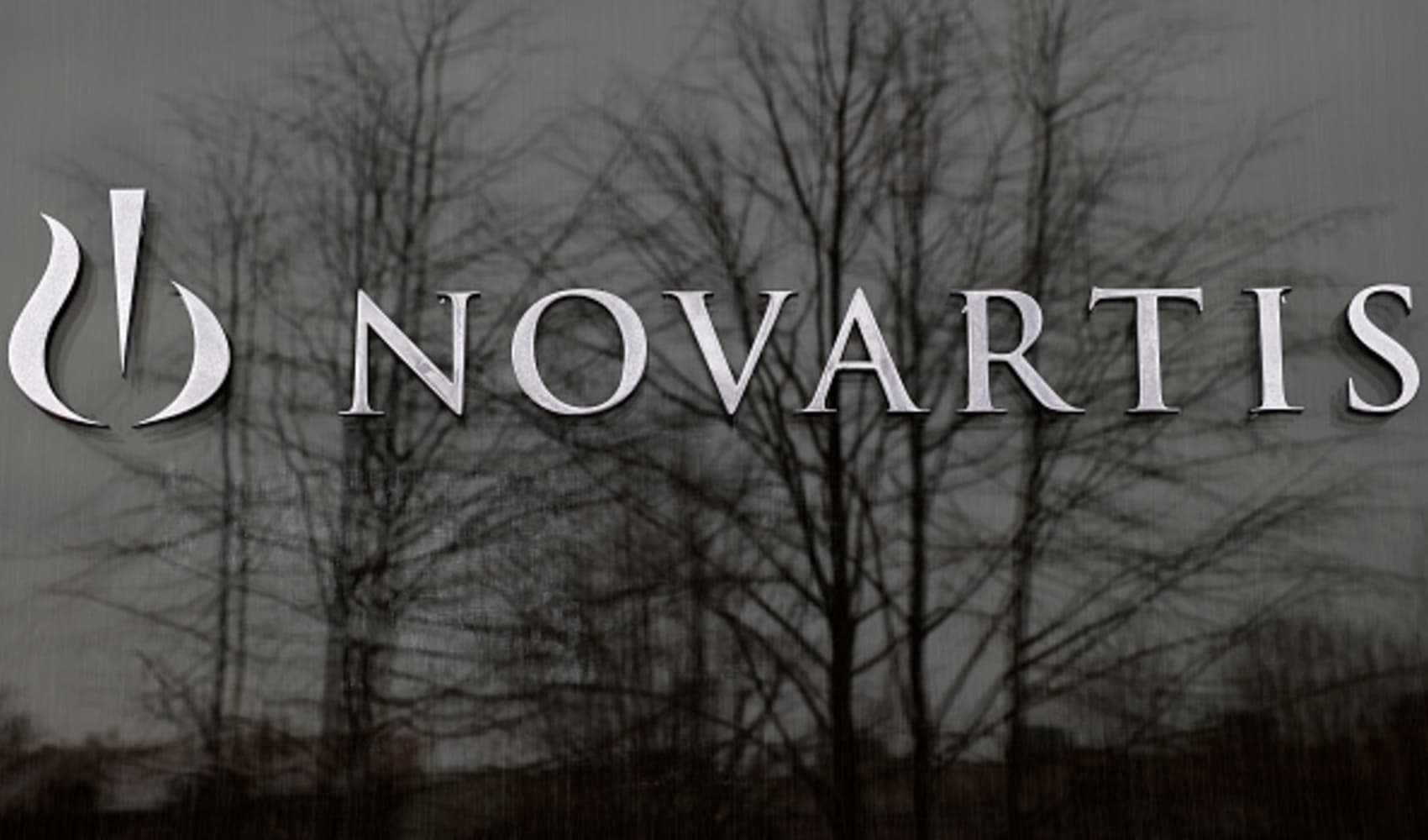
- BMW is one of several automotive firms exploring the potential of hydrogen.
- Other manufacturers that have dipped into the hydrogen fuel cell market include Toyota and Honda.
The BMW Group has started to test vehicles that use a hydrogen fuel cell drivetrain, with the German automotive giant putting the technology through its paces "in everyday conditions on European roads."
In an announcement Wednesday, the firm explained prototypes of the BMW i Hydrogen Next would be tested on a range of metrics including reliability, safety and efficiency.
It described hydrogen fuel cell tech as having the "long term potential to supplement internal combustion engines, plug-in hybrid systems and battery-electric vehicles."
The technology could, BMW went on to add, "become an attractive alternative to battery-electric drive trains – especially for customers who do not have their own access to electric charging infrastructure or who frequently drive long distances." It's hoped the tests will lead to the production of a small-series model in 2022.
Get Connecticut local news, weather forecasts and entertainment stories to your inbox. Sign up for NBC Connecticut newsletters.
The vehicles' individual cells are provided by Toyota, with BMW developing the fuel cell stack and complete drive system. The BMW i Hydrogen Next's hydrogen tank can be filled in three to four minutes, the company says, providing drivers with "a range of several hundred kilometres in all weather conditions."
Described by the International Energy Agency as a "versatile energy carrier," hydrogen has a variety of applications and can be deployed in sectors such as industry and transport.
BMW is one of several automotive firms exploring the potential of hydrogen and is not new to the idea of using it in a vehicle.
Money Report
Back in November 2006 it announced production of the BMW Hydrogen 7 had started, describing the vehicle as "the world's first hydrogen-powered luxury saloon car." The Hydrogen 7, it added, used an internal combustion engine and was able to run on petrol (gasoline) or liquid hydrogen.
More recently, on Tuesday Jaguar Land Rover said it was working on the prototype of a hydrogen fuel cell electric vehicle, with testing of the concept slated to start later this year.
The vehicle will be based on the new version of the company's Land Rover Defender, and is part of JLR's broader attempt to meet a target of zero tailpipe emissions by the year 2036. Testing will focus on areas such as fuel consumption and off-road capabilities.
Other manufacturers that have dipped into the hydrogen fuel cell market include Toyota and Honda, while smaller firms such as Riversimple are also working on hydrogen-powered cars.
This week also saw Volvo Cars announce it would partner with SSAB, a Sweden-headquartered steel manufacturer, to "jointly explore the development of fossil-free, high quality steel for use in the automotive industry."
According to Volvo Cars the collaboration will, among other things, focus on an SSAB initiative called Hybrit, which was established alongside energy business Vattenfall and LKAB, which produces iron ore.
The Hybrit project's goal, Volvo Cars says, is to "replace coking coal, traditionally needed for iron ore-based steelmaking, with fossil-free electricity and hydrogen."






